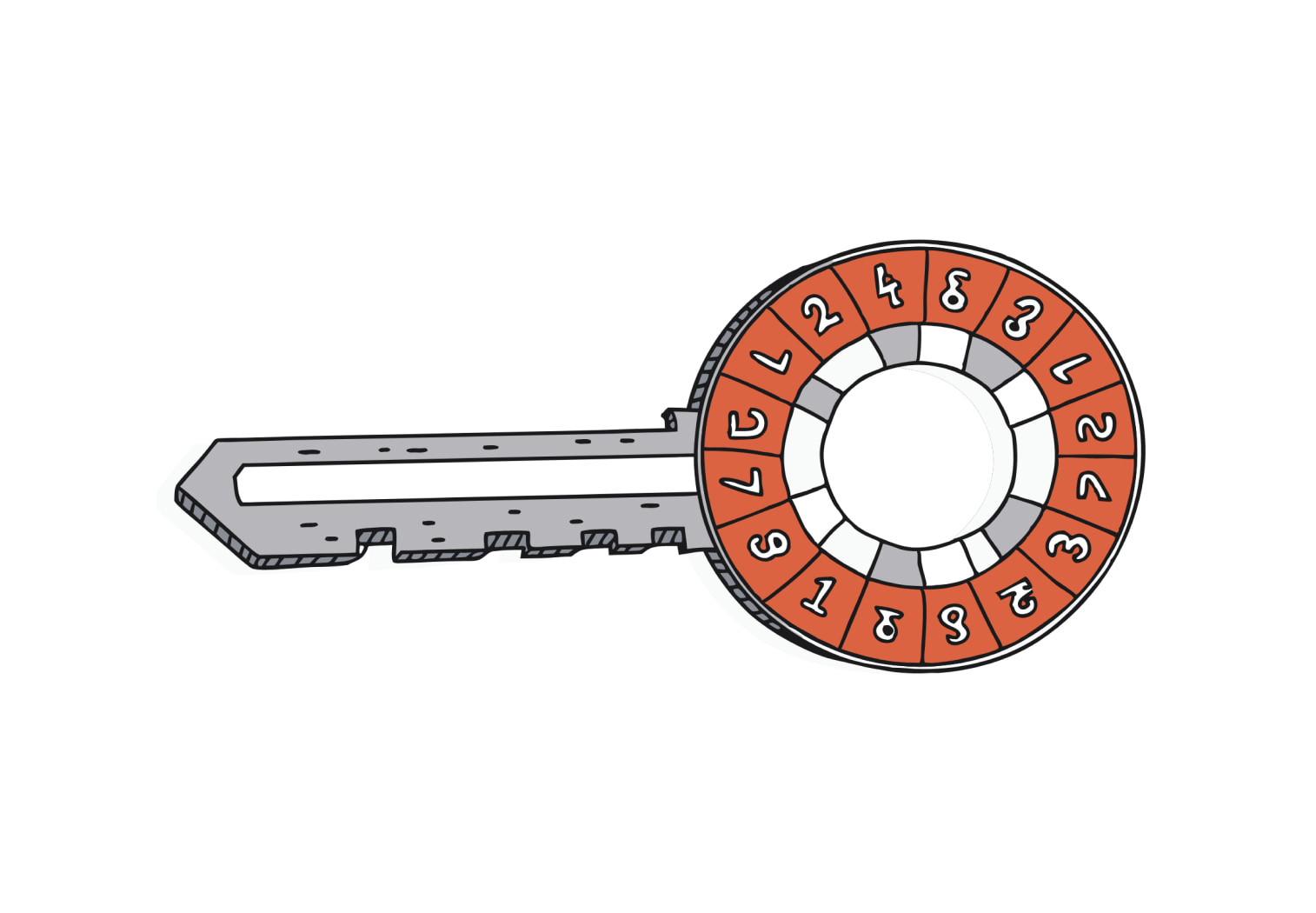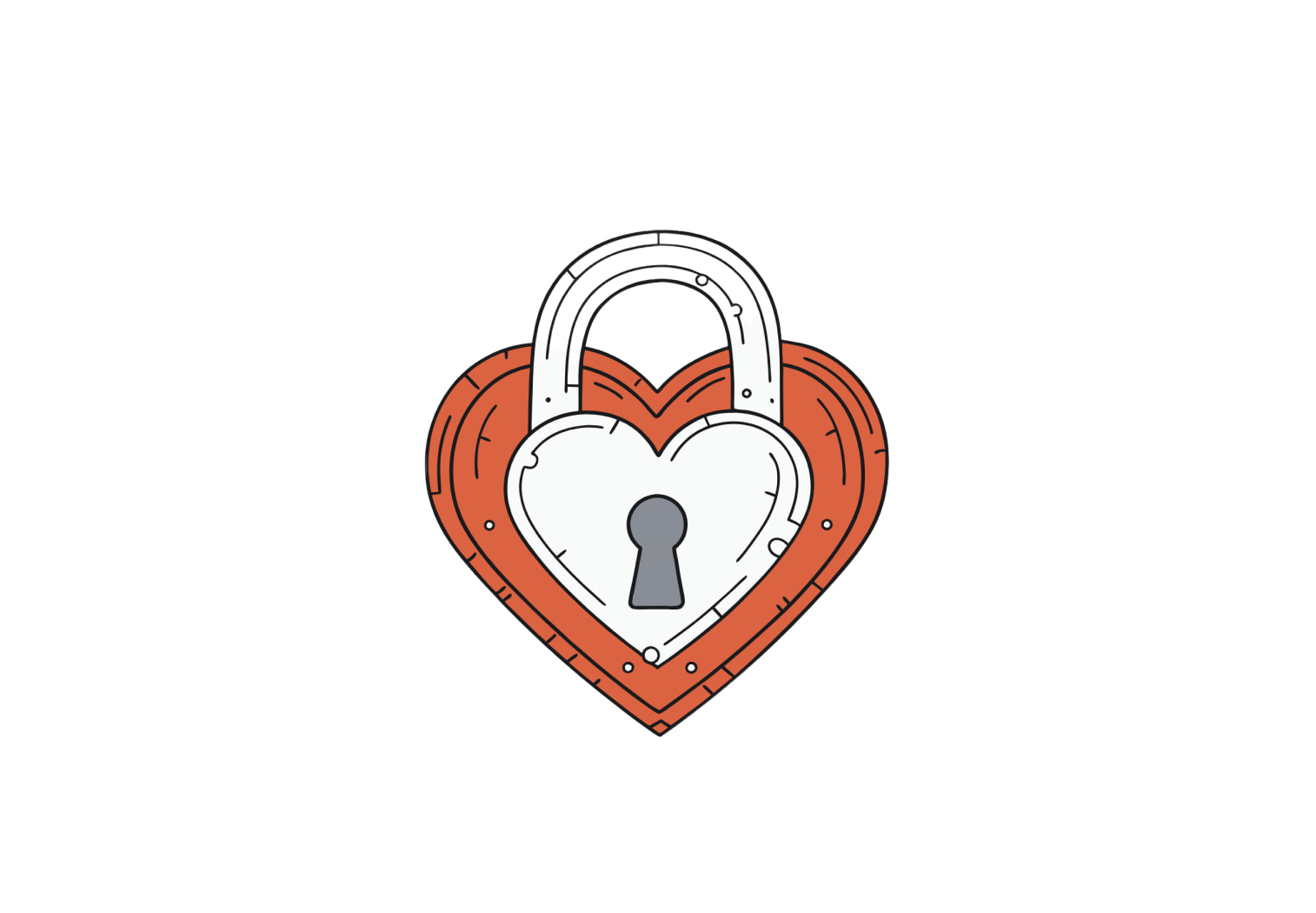In this article
What would be the full financial impact on your business if a cyber security attacks left staff unable to use their software and computers for a week? What if sensitive data like your intellectual property was also stolen or you had a business email compromise as part of an internet security breach?
Most businesses understand the financial impact of downtime in terms of lost productivity. But falling victim to an internet security breach that locks you out of your computers will mean much more than having staff sit idle for a few days.
Cryptolocker-style ransomware theft is becoming increasingly common and a data breach cost can be very high. Criminals encrypt important business files on your software and then demand financial compensation for their release. The best course of action in the case of compromised data is for your IT support team to roll back your infected machines or wipe them completely and restore data on applications from your backups.
The laxer you are with your data backups, the higher the price you’ll pay in terms of lost productivity in the event of a theft. For example, if your backup files are seven days old, that’s an extra week’s work down the drain. You’ve lost all the changes to your files made in the week before the attack. Plus, you need to account for the downtime while you put your data recovery plan into action.
The situation looks even more dire if the security incident has spread from your back-office computers to the factory or retail floor. This is why you need internet security experts to help secure your environment through security measures that reduce your security risks.
Feeling the long-term impacts
Downtime has a flow-on effect beyond the theft that ensures you’ll keep feeling the pain long after the business is back on its feet. Interruptions to your sales pipeline, order placement, inventory management and other workflows could continue to hamper productivity for months.
Then there’s the damage to your business reputation from malicious attacks, which is much harder to repair. With Australia set to introduce mandatory data breach notification, it will no longer be possible to sweep security breaches under the carpet – especially when customer data such as dates of birth, driver’s license numbers, social security numbers, usernames, credit and debit card, addresses phone numbers and financial information may be involved.
Regaining your customers’ trust after a breach is an uphill battle. Some will certainly take their business elsewhere, even if you have data recovery steps in place.
Hackers often use stolen customer data to drive their next wave of attacks, such as sending your customers bogus invoices. The hope is that they’ll open an infected link or attachment. Those attacks might even appear to come from your email address, further tarnishing your reputation.
Stealing your big ideas
Weighing up the risk and the potential consequences of an internet security breach also needs to allow for the fact that when software results in encryption or data leakage intellectual property and trade secrets may be lost – and likely sold to the highest bidder. Remember, industrial espionage doesn’t just happen in the movies.
Consider the consequences if your entire Custom Relationship Management database fell into the hands of your closest rival. Along with poaching your most lucrative customers, they could also undercut you on future deals thanks to their insight into your business affairs.
The loss of intellectual property and trade secrets could also leave you open to threats from counterfeiters and cheap rivals. Knowing your plans, they could cash in on your ideas to beat you to market with new products and services. They might even deliberately undermine your own expansion plans to aid their efforts.
A devastating internet security breach could do far more than knock your business offline for a few days. It could destroy the company and see you close your doors for good.



